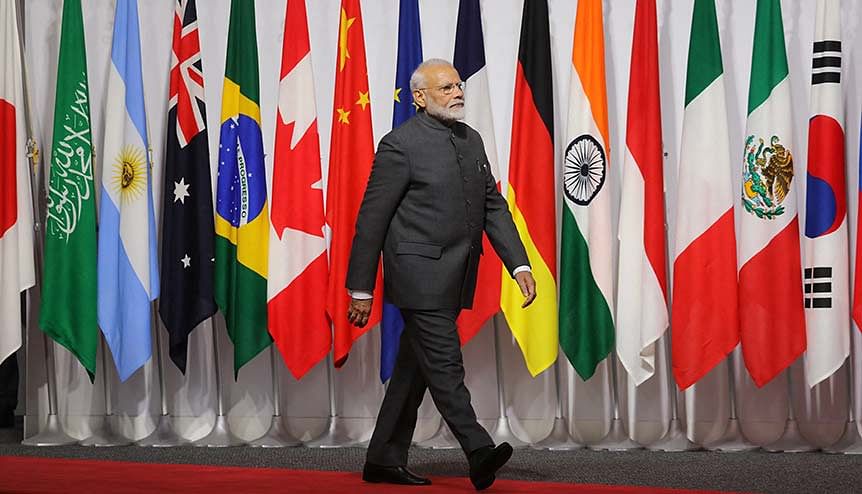Foreign policy is fundamentally shaped by national interests rather than personal friendships or ideological affinities. The essence of grand strategy lies in understanding that states prioritize their strategic objectives—economic prosperity, security, and power—over transient relationships with other states.

Source:- news 18
National interests drive foreign policy decisions because they reflect a country’s fundamental goals and needs. For instance, economic interests often dictate trade agreements and alliances, as countries seek to enhance their economic growth and ensure resource security. Security concerns lead nations to form alliances or engage in conflicts to protect their sovereignty and stability. Power dynamics, influenced by geopolitical considerations, also play a significant role, as nations seek to enhance their influence and counterbalance rival powers.
Source:- BBC news
Historical examples underscore the primacy of interests in shaping foreign policy. During the Cold War, the United States and the Soviet Union formed alliances based on strategic needs rather than personal connections, resulting in a complex web of relationships driven by ideological competition and power struggles. Similarly, contemporary geopolitics demonstrates that nations frequently shift alliances and partnerships based on evolving interests rather than enduring friendships.
Personal relationships among leaders can influence diplomatic interactions, but they rarely alter the underlying strategic calculations of states. Leaders may use personal rapport to facilitate negotiations or manage conflicts, but the overarching objectives of their countries remain paramount. For example, diplomatic efforts may be enhanced by personal diplomacy, but the core decisions regarding military commitments, trade policies, and international alignments are guided by national interests.
In conclusion, while personal friendships and relationships can impact diplomatic interactions, they are secondary to the strategic interests that define a nation’s foreign policy. Understanding this distinction is crucial for analyzing international relations and predicting the behavior of states on the global stage.
Share your views in the comments

